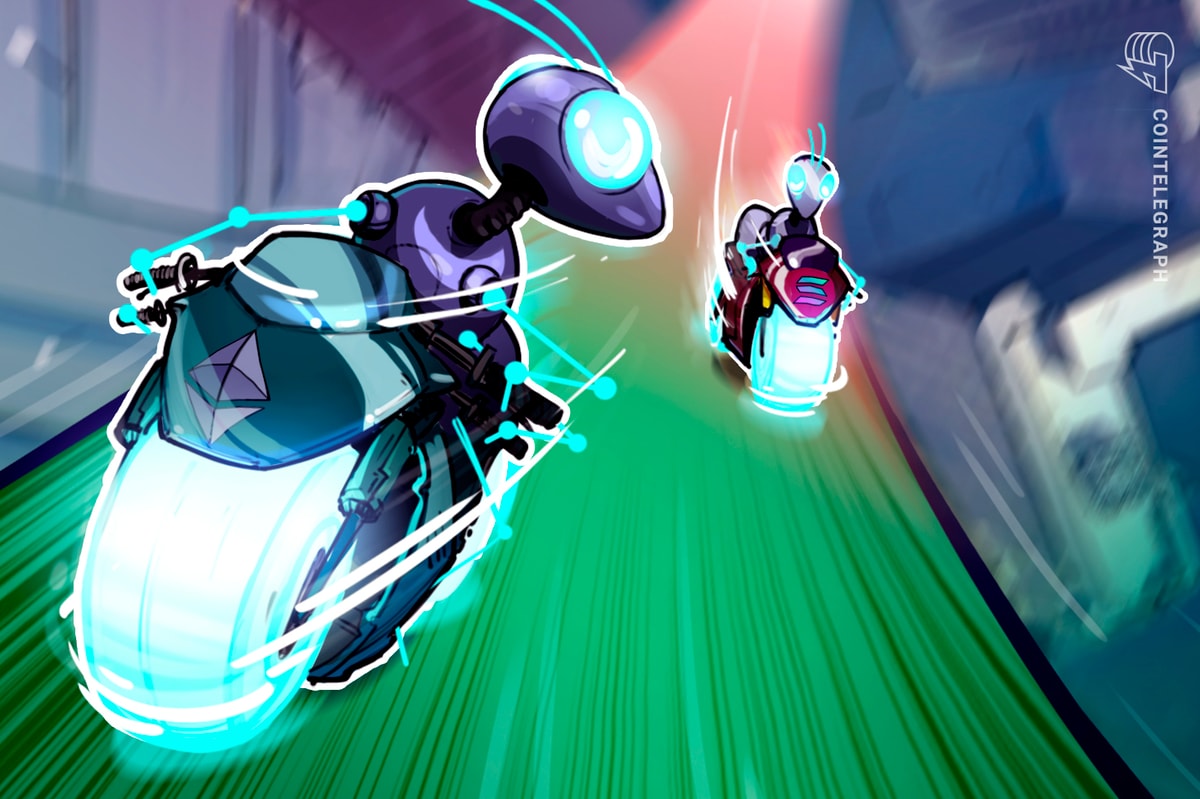The use of Blockchain technology within the media and entertainment industry has been a hot topic. It has snowballed from a vague concept into full legitimacy over the past months. Use cases for Blockchain have captured the attention of industry players, sometimes, however, meeting with skepticism and scrutiny over practicality or necessity.
Take for example the recorded music industry, which is almost 100 years old. Having started with the invention of Thomas Edison’s phonograph and seeing a rise as a result of the emergence of radio broadcasting in the 1920s, the logic of the industry hasn’t changed that much.
Back in the early days artists had to make deals with dozens of intermediaries to make their music heard. Time flies, but nothing changes - musicians still have to go through this archaic system of middlemen which results in significant losses of the proceeds from their music. Blockchain innovators and enthusiasts believe that this is where technology can come in knocking down inefficient intermediaries standing on the way enabling musicians to develop direct connections with their audience. Adding to this problems of licensing, monetizing and storing the content.
Blockchain is a redistributed ledger that can validate and register transactions without the need for a central authority. No one owns the ledger, it is completely decentralized, it is publicly available to anyone and the information stored there is virtually irreversible and tamper proof. How does it benefit the parties? Well, it basically implies ensuring the highest level of security for peer-to-peer exchanges of data, money or anything else of value.
What Blockchain brings to the table
First of all, any industry that is encumbered by inefficient intermediaries is a potential battlefield for Blockchain where the music, media and entertainment industries are no exception.
As technology allows a more direct relationship between the parties, for example, for the music industry it would mean connecting artists directly with communities of their fans. The former would no longer need to communicate with purchasing platforms or financial brokers, as they will be directly compensated every time their music is played.
Elaborating further, Blockchain technology is set to revolutionize the monetization of content creation. Deploying smart contracts infrastructure has a huge potential to move on-demand music services to the next level. In this way, users are free to select the content of their choice and reward the creator immediately upon playing it through cryptocurrency.
Finally, Blockchain can help in solving the problem of licensing of content. As it is published on the ledger with a unique ID and timestamp, it ensures its inalterability. Each record stores metadata including ownership and rights information in the most transparent way. In addition to that everyone can access and verify this data, it ensures that the right people are paid for their content.
JAAK´s vision of the problem
The implementation of Blockchain is being researched and tested by various startups at the moment. JAAK, the London-based tech company, founded by Vaughn McKenzie, Freddie Tibbles and Viktor Tron, is cutting through much of the hype and skepticism surrounding the relationship of music and Blockchain and offers a solution to real industry problems.
At the recent European Ethereum Development Conference which took place in Paris, Vaughn McKenzie has announced META project, a decentralized open network, backed by Ethereum and Swarm, which enables organizations to capture, store, verify and communicate commercial metadata.
JAAK has worked alongside the UK’s performing rights organizations. Matt Brinkworth, Campaign Manager at JAAK told Cointelegraph:
“There are a variety of initiatives driving the conversation and they each have their own ideas on how and where Blockchain fits. At JAAK, our current focus is on solving the issues around the sharing and verifying of data within those industries and that’s very much as a result of the guidance and insight we've received from PRS, PPL and Viacom.”
Communicating commercial data
As a result of this partnership, organizations have observed that the diversity of revenue streams associated with the rapid transition to digital have increased the number of organizations capturing, managing, exchanging and using digital rights and metadata. Discrepancies found in the completeness, accuracy and management of this information cause severe difficulties or obstacles when licensing content or remunerating the appropriate parties. Brinkworth explains:
“The META network is as the name suggests, a network that connects organizations within the music and media industries and allows them to capture, store, verify and communicate commercial metadata, drawing upon the decentralized technologies of Ethereum and Swarm.”
One of the founders of META network, Viktor Trón, is the Project Lead of the Swarm Project for the Ethereum Foundation. JAAK Team sees Ethereum as not only the most developed Blockchain but also as the most supportive and extensive community.
To implement the META network, JAAK is planning to partner with major music and media organizations through the Guardian Initiative. Over the coming months, they will be testing, experimenting and exploring the opportunities presented by the Blockchain technology.










